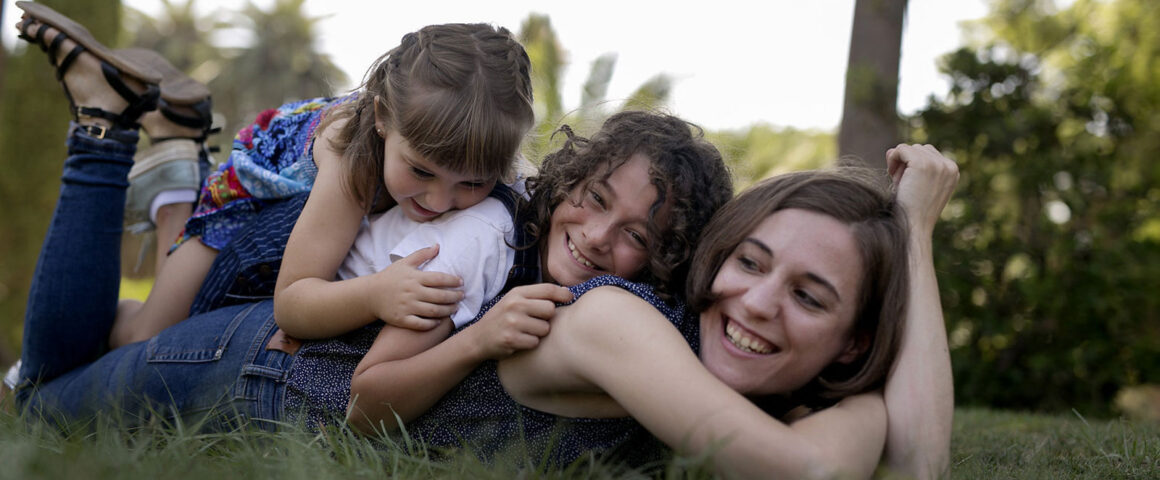“The slipping grip of what once was that will never be again, slowly turning faded and acid washed until its nothing but a feeling you can’t put a name to.” — September Rose, Nostalgia
Boxes are stacked in the living room of six-year-old Frida’s (Laia Artigas) house as she prepares to go and live with her Uncle Esteve (David Verdaguer, “Anchor and Hope”) and Aunt Marga (Bruna Cusí, “Uncertain Glory”) after the death of her mother. Spain’s submission for Best Foreign Film at the 2018 Oscars, director Carla Simón’s autobiographical Summer 1993 (Estiu 1993) is a sensitive and nuanced hymn to childhood whose magic is interrupted by the sudden dark intrusions of the adult world. As the foundations of six-year-old Frida’s belief in the world as a safe place are shattered, she must come to terms with living with a new set of parents in a rural Catalan village far removed from the city of Barcelona in which she grew up.
Calling on her childhood recollections, Simón’s film consists of vignettes focusing on Frida’s ability to adjust to her profoundly changed life. The relationship between Frida and her three-year-old cousin Anna (Paula Robles) alternates between the joy of spontaneous play, and Frida’s acting out her grief in ways that threaten Anna’s well being. From having fun playing in the bathtub to play acting as grown-ups and to joining a local Basque Carnival, the performances are so natural that they seem improvised. Though Esteve and Marga are warm people who are generous in their love, Frida is tentative and withdrawn. A visit to a doctor for testing show their concern about Frida carrying the AIDS virus (which it is hinted her mother died from), but the significance of the visit does not register on the child.
Emotions bubbling beneath the surface do not appear until a visit by Frida’s grandparents Avi and Avia (Fermí Reixach, “Amnesia” and Isabel Rocatti, “Three Days with the Family”). Prompted by her grandmother’s focus on praying, Frida sneaks out of the house at night to leave gifts for her mother in the woods near the statue of the Virgin Mary, but confides in no one. The grandparent’s visit is traumatic for Frida, however. Despite their disparaging comments about their daughter’s lifestyle expressed in Frida’s presence, she desperately wants to go home with them and has to be physically restrained by her uncle. As her anger begins to surface, Frida uses Anna as a target of her distress, telling her cousin that she has so many dolls because her parents loved her so much.
She also encourages Anna to jump into a pool with her even though she knows the water is above her head. In an even scarier incident, Frida leaves Anna by herself in the woods, telling her to wait there until she comes back. When she doesn’t return, Marga panics while Anna falls and breaks her arm causing Marga to say that Frida is used to getting her own way and needs greater discipline, telling Esteve, “That girl has no morals.” Having overheard the conversation, Frida decides to run away, heartbreakingly telling Anna that “no one loves me here.” Led by Artigas’ remarkably expressive performance, Simón guides Summer 1993 to its stunning conclusion with a sure hand that avoids sentimentality, relying only on the resilience of childhood innocence and the impeccable strength of love to achieve its results.




'Movie Review: Summer 1993 (2017)' has no comments